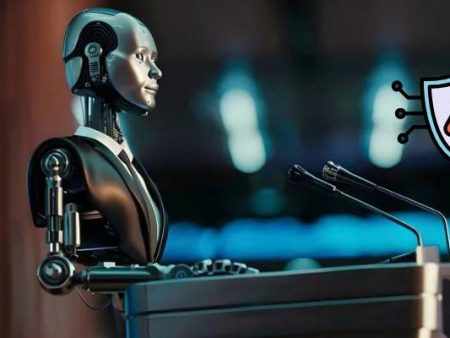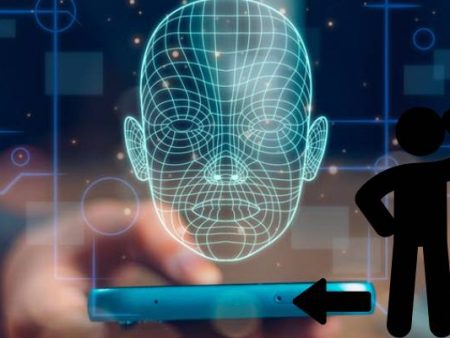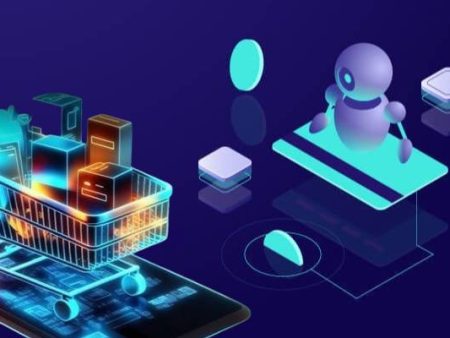Hollywood has always been a place where technology collides with artistry. Sound replaced silent films, CGI redefined what was possible on screen, and streaming changed how we consume movies. Now, another revolution is knocking at the studio gates—artificial intelligence.
But here’s the real question: will AI actually replace animators and actors, or will it become another tool in the filmmaker’s kit? And how will this shift ripple through the broader world of entertainment, education, and even journalism? Let’s unpack the hype, the fear, and the reality.
Why Hollywood Is Watching AI So Closely
If you’ve followed the entertainment industry over the last few years, you know that budgets have ballooned. A blockbuster can easily cost $200 million or more to produce (Variety). Studios are under constant pressure to cut costs without cutting corners.
AI promises speed, scale, and savings. From de-aging actors (as seen in The Irishman and Indiana Jones and the Dial of Destiny) to fully digital characters, the tech is already creeping into workflows. What used to take weeks of manual animation can sometimes now be done in hours.
And let’s be honest: when money talks in Hollywood, studios listen.
What AI Can Do in Film Production
AI isn’t just about flashy special effects. Its reach is surprisingly broad:
- Scriptwriting Assistance
AI tools can generate dialogue, story arcs, or even full screenplays. That doesn’t mean the results are good (more on that later), but it shows potential. - Visual Effects (VFX)
Machine learning can automate tedious tasks like rotoscoping, background removal, or texture generation—jobs that normally eat up countless hours for animators. - Deepfake and De-Aging
Algorithms can realistically swap faces, smooth wrinkles, or recreate younger versions of actors. - Synthetic Voices
AI-generated speech can dub films in multiple languages or even recreate an actor’s voice if needed. - Previsualization
Directors can now map out entire sequences with AI-generated storyboards or rough animations before rolling a single camera.
That’s the promise. But promise doesn’t come without tension.
The Fear Factor Among Creatives
Actors, writers, and animators aren’t paranoid for no reason. The 2023 Writers Guild of America strike, for instance, had AI screenwriting as one of its sticking points.
Animators worry about job loss. Actors worry about their likeness being replicated without consent. Writers fear their voices being drowned out by algorithms trained on their own words.
When I speak to creatives about this, there’s often a mix of awe and dread. One animator told me, “AI could cut the grunt work, but it also feels like the beginning of the end for juniors trying to break in.”
That hits hard because industries thrive on entry-level opportunities. If AI eats those, who gets to learn the craft?
A Personal Reflection
I’ll admit, my first experience with AI in video editing left me torn. I tested an AI tool that could remove backgrounds and auto-correct facial lighting in seconds. The results? Impressive. But part of me wondered: what happens to the people who built careers around mastering those exact skills?
That moment made me realize this conversation isn’t just about efficiency. It’s about identity. For many artists, their craft isn’t just a paycheck—it’s who they are. And AI, at times, feels like it’s rewriting that identity without permission.
The Rise of Virtual Influencers
The anxiety only grows when you consider the rise of virtual influencers. Characters like Lil Miquela and Shudu aren’t human, yet they land brand deals, star in music videos, and attract millions of followers.
If brands are already willing to pay virtual personalities instead of real ones, what’s to stop studios from doing the same with actors? Imagine a blockbuster franchise built entirely around a digital star—immortal, scandal-free, endlessly moldable.
Would audiences accept it? Some probably would. Others would crave the humanity that no algorithm can fully replicate. That’s the tightrope Hollywood is walking.
AI Video for Education: Lessons for Hollywood
Interestingly, some of the clearest insights into AI’s role in storytelling aren’t from film—they’re from classrooms.
AI video for education has exploded in recent years. Teachers are turning long lectures into short explainer clips, adding AI-generated subtitles, or even using avatars to deliver lessons in multiple languages.
The takeaway for Hollywood? AI isn’t always about replacement. In education, it often supplements the teacher, freeing them from repetitive tasks so they can focus on engaging with students. Perhaps Hollywood can take a cue—AI as a supportive tool rather than a threatening rival.
Reshaping News Broadcasting
Another parallel can be found in journalism. Around the world, AI avatars are already reshaping news broadcasting.
In China and South Korea, AI-generated news anchors deliver headlines with eerie realism. They never miss a shift, never flub a line, and can broadcast 24/7.
Do audiences prefer them to human anchors? That’s debatable. But their existence proves how quickly AI can normalize roles we once thought untouchable.
And if audiences can accept synthetic presenters for news, could they eventually embrace synthetic actors on the big screen?
Statistics That Tell the Story
A few numbers put things into perspective:
- 67% of entertainment professionals believe AI will significantly disrupt their industry within the next five years (PwC Media Outlook).
- The global AI in media and entertainment market is projected to reach $99.48 billion by 2030, up from just $10.87 billion in 2021.
- 75% of U.S. adults say they’re concerned about AI being used to replace human jobs in creative industries.
The numbers show both momentum and fear. And Hollywood sits right at the epicenter.
Can AI Replace Emotion?
This, for me, is the heart of the matter. Storytelling is more than visuals and dialogue. It’s the subtle pause in an actor’s delivery, the twitch of a hand, the vulnerability in an unplanned expression.
AI can mimic these things, but can it feel them? I don’t think so. At least, not yet.
When Robert De Niro glares in a close-up, we’re not just seeing a performance. We’re seeing decades of lived experience, channeled into a single expression. That’s not code—it’s humanity.
Ethical and Legal Concerns
Beyond artistry, there are thorny ethical questions:
- Consent: Should an actor’s likeness be used after death? We’ve already seen digital versions of Carrie Fisher and Peter Cushing appear in Star Wars films.
- Compensation: If AI copies an actor’s voice or face, how should they (or their estate) be paid?
- Transparency: Should audiences be told when a performance is synthetic?
Studios can’t dodge these questions forever. They need frameworks, and soon.
My Opinion: Where AI Belongs in Hollywood
So, will AI replace animators and actors? My honest opinion: not completely. But it will reshape their roles.
AI should take over the tedious, time-consuming parts—like cleaning up footage, generating rough drafts of scenes, or automating background extras. This frees humans to focus on creativity and nuance.
But actors, with their lived emotions, and animators, with their eye for storytelling, remain irreplaceable. Or maybe I just want them to be irreplaceable. Because if we strip movies of human touch, what are we left with? Pretty pictures without a pulse.
The Future: A Hybrid Industry
Looking forward, I see a hybrid model:
- AI doing the groundwork.
- Humans adding depth and artistry.
- Studios learning that audiences value authenticity, even in a digital age.
It won’t be an easy transition. Some jobs will disappear, new ones will emerge, and tensions will rise. But cinema has always been about reinvention. This is just the next chapter.
Final Thoughts
AI in Hollywood isn’t science fiction anymore—it’s here, reshaping workflows, raising ethical debates, and sparking both excitement and fear.
Whether it replaces or supports animators and actors depends on how studios wield it. Used thoughtfully, AI could democratize filmmaking, making tools accessible to smaller creators while empowering professionals. Used recklessly, it risks hollowing out the very soul of cinema.
And maybe that’s the real story. The question isn’t just, “Will AI replace animators and actors?” It’s, “Will audiences accept art without humanity?”
Personally, I think the answer is no. We crave human imperfection, raw emotion, the magic of a performance that surprises even the performer. AI may light up the screen, but humanity is what makes it worth watching.


